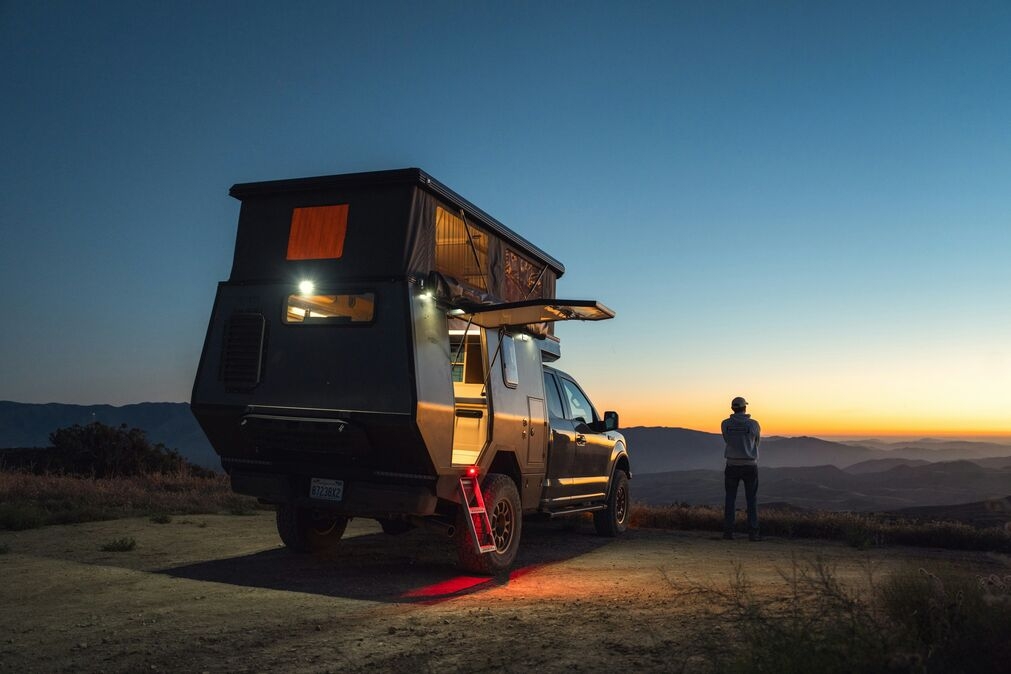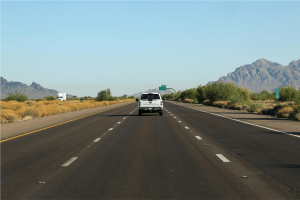Imagine. You’re heading off-grid for a camping adventure… Ask yourself, have you got the right power setup? It could make or break your trip. Whether it’s running your fridge, lights or charging devices, choosing the right battery for camping equals comfort and confidence. But, with so many options out there, how do you know which one suits your needs?
We’re here to break down the most popular camping battery options, whether it’s for your 4WD or city car, so you can make the right decision and focus on roasting those marshmallows to perfection.
Lead Acid Batteries – The Classic Option
Traditional lead acid batteries have been around for decades, and they’re still widely used for camping setups. Both affordable and reliable, they’re a solid option for those on a budget. However, they’re heavy, have limited depth of discharge (you shouldn’t drain them below 50%) and generally don’t last as long as newer alternatives. They’re best for short trips or light power needs.
AGM Batteries – A Step Up in Performance
Absorbent Glass Mat (AGM) batteries are a sealed form of lead acid that offer better performance and durability. They’re spill-proof, can handle higher discharge rates and typically last longer than standard lead acid batteries. While still on the heavier side, they’re more versatile and a popular mid-range choice for campers who want reliability without breaking the bank.
Gel Batteries – Reliable but Slower Charging
Gel batteries are another variation of lead acid. They use gel electrolytes for improved safety and longevity. They’re good for slow and steady energy use, which makes them suitable for lighting or low-power appliances. However, they can be sensitive to overcharging. That means they don’t handle high-drain appliances as well. If you want a safe, maintenance-free option for light use, gel batteries fit the bill.
Lithium Batteries – The Premium Choice
Lithium (LiFePO4) batteries have become the gold standard for camping. They’re lightweight and can be discharged up to 80–90% without damage. They also have an impressive lifespan often lasting over 2,000 cycles. They charge quickly too, which makes them particularly efficient when paired with solar panels. The main downside? Price. Lithium batteries are more expensive upfront but their longevity and performance make them excellent value in the long run.
Dual Battery Systems for Camping
If you’re planning longer camping trips or running power-hungry gear like fridges, lights and inverters then a dual battery system is worth considering. This setup allows you to keep your starter battery separate from your camping power supply so you’ll never be left stranded. It’s especially useful with lithium batteries and gives you extended power and peace of mind when you’re miles from the nearest socket.
Matching Your Battery to Your Needs
Choosing the best battery for camping comes down to your setup:
- Weekend trips with minimal gear? AGM or lead acid may be enough.
- Longer stays with fridges and multiple devices? Lithium is worth the investment.
- Budget-friendly setups? Lead acid batteries provide the basics without high costs.
- Eco-conscious campers? Lithium paired with solar panels offers sustainable and renewable energy for extended trips.
Solar Compatibility
Many campers now pair their batteries with solar panels. Lithium batteries excel here as they charge faster and handle solar input more efficiently. While AGM and gel can also work with solar, they do take longer to recharge. If you’re planning long stays without access to mains power then a solar and lithium combo is the most reliable choice.
Portable Power Stations
For campers who prefer a simple and all-in-one solution, portable power stations are becoming increasingly popular. These units combine a built-in battery, inverter and charging ports into one compact box. They’re easy to use and require no installation. They can also be recharged via solar panels, mains power or with your car. While they’re not as customisable as a dual battery setup they are perfect for casual campers or those who want convenience without the wiring.
Safety Considerations
Whatever option you choose, always make sure of proper installation and use the right charger. Overcharging or using mismatched chargers can shorten the lifespan of your battery. Worse, it can cause safety hazards. Professional installation is often worth it, especially if you’re wiring multiple batteries or running a complex 12V system.
When deciding on the best battery for camping, think about how often you’ll go, how much power you’ll use and your budget. While lead acid and AGM batteries are cost-effective, lithium stands out for performance and longevity. Pair your battery with solar for the ultimate off-grid setup and you’ll never have to worry about running out of power on your adventures.
If you need expert advice, battery testing or installation help, Autospark can guide you through the options and set up a system that keeps your next camping trip running smoothly.





